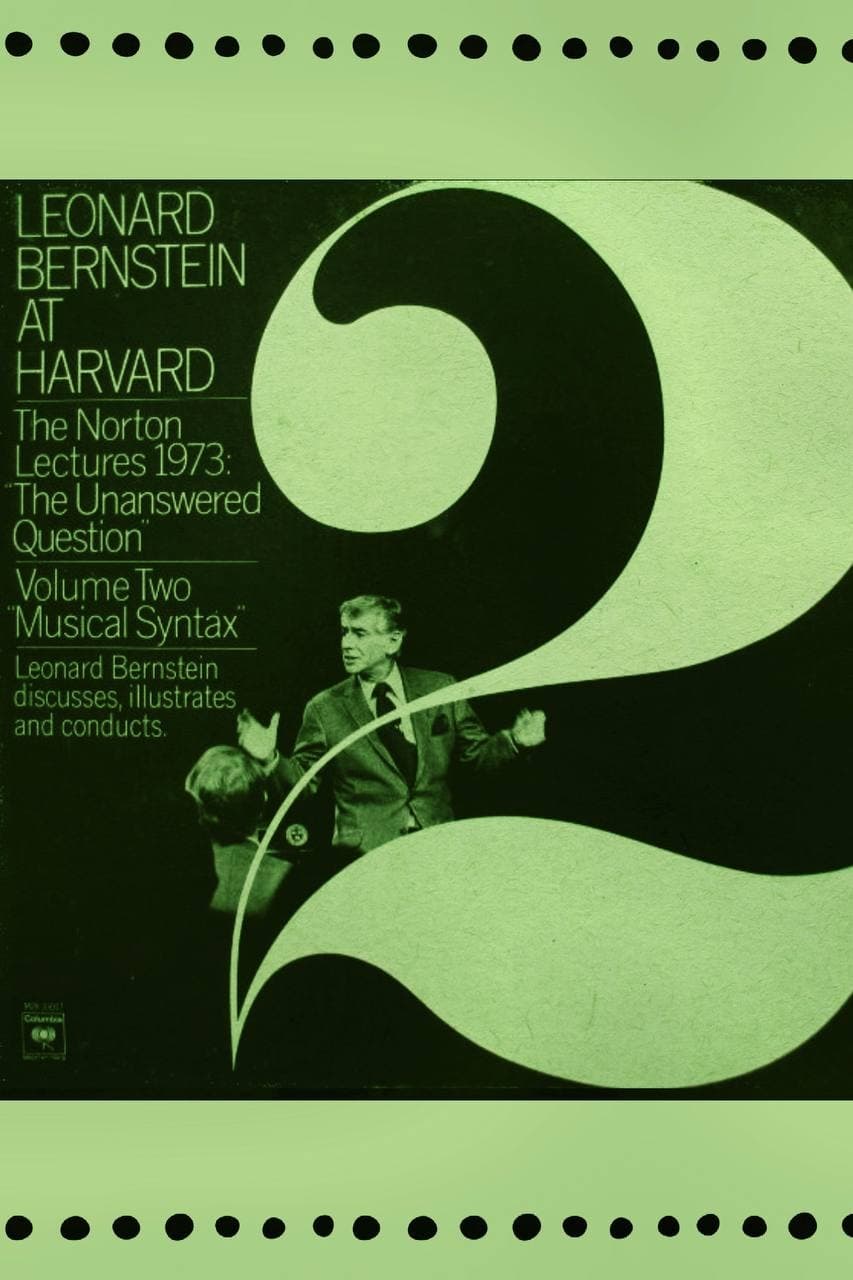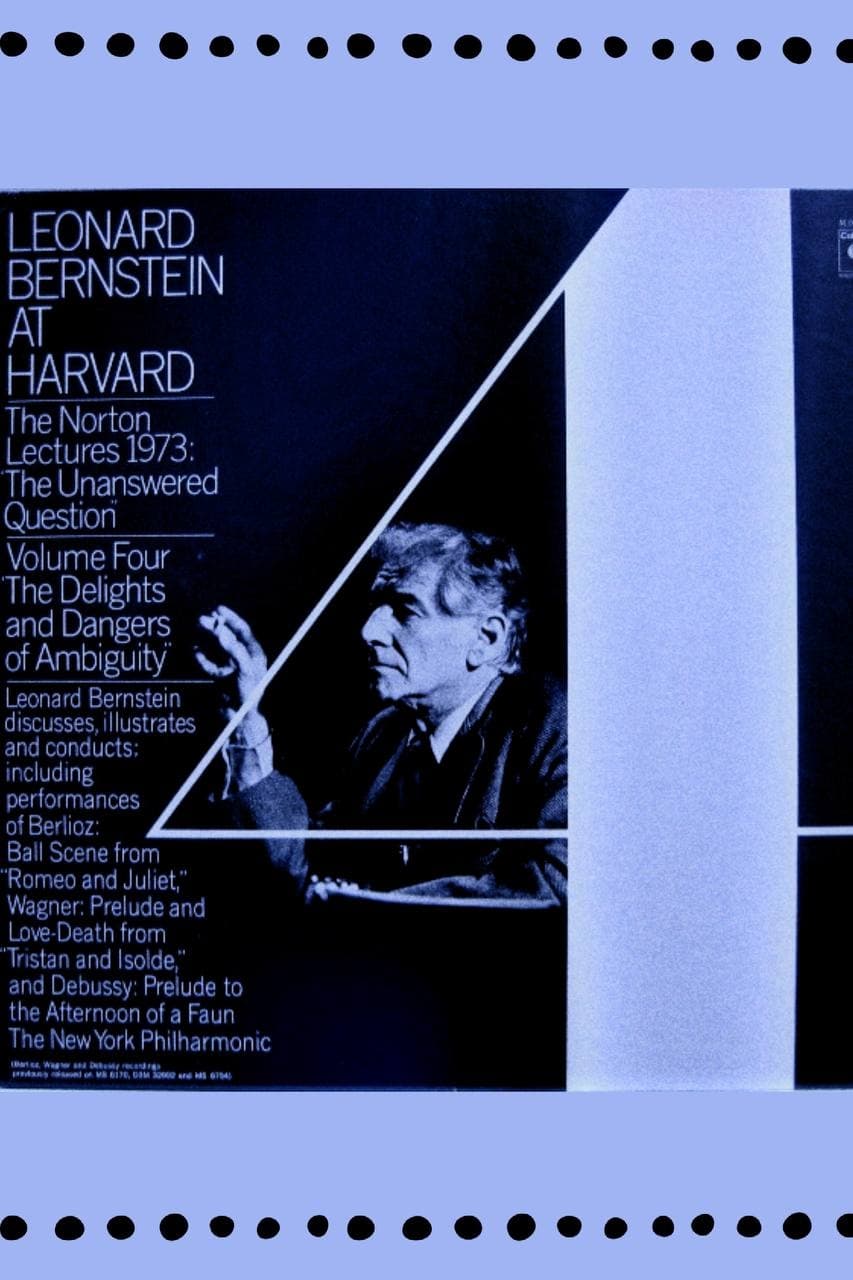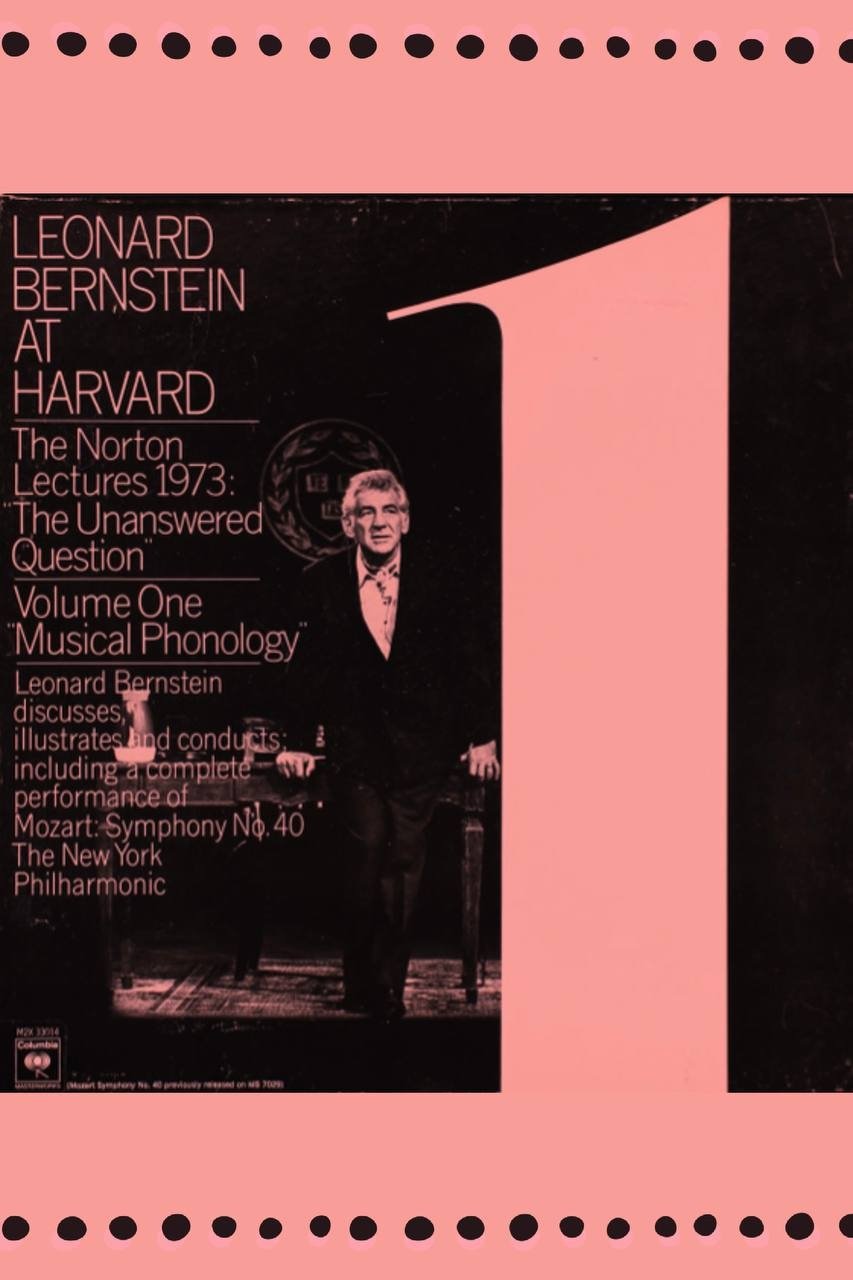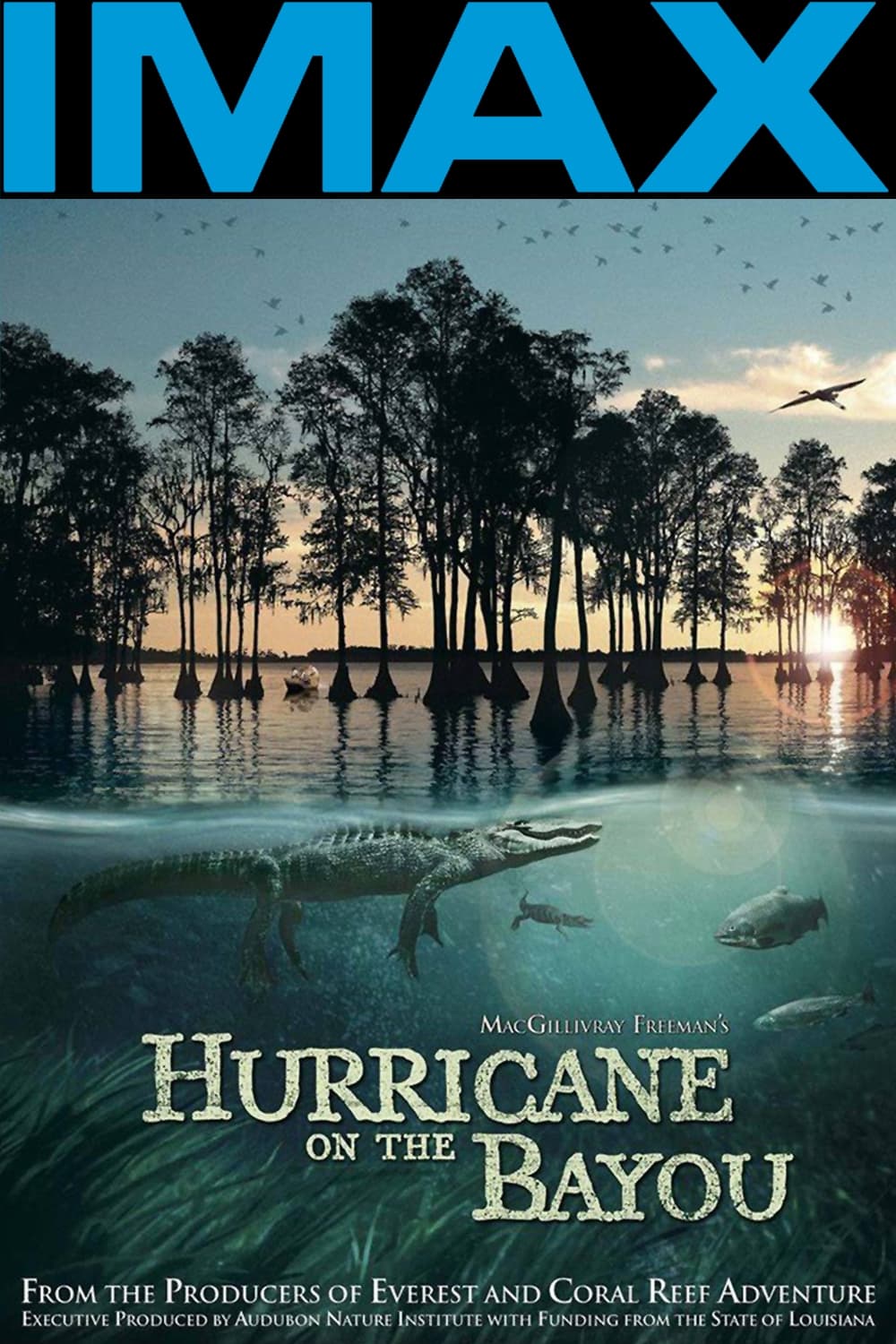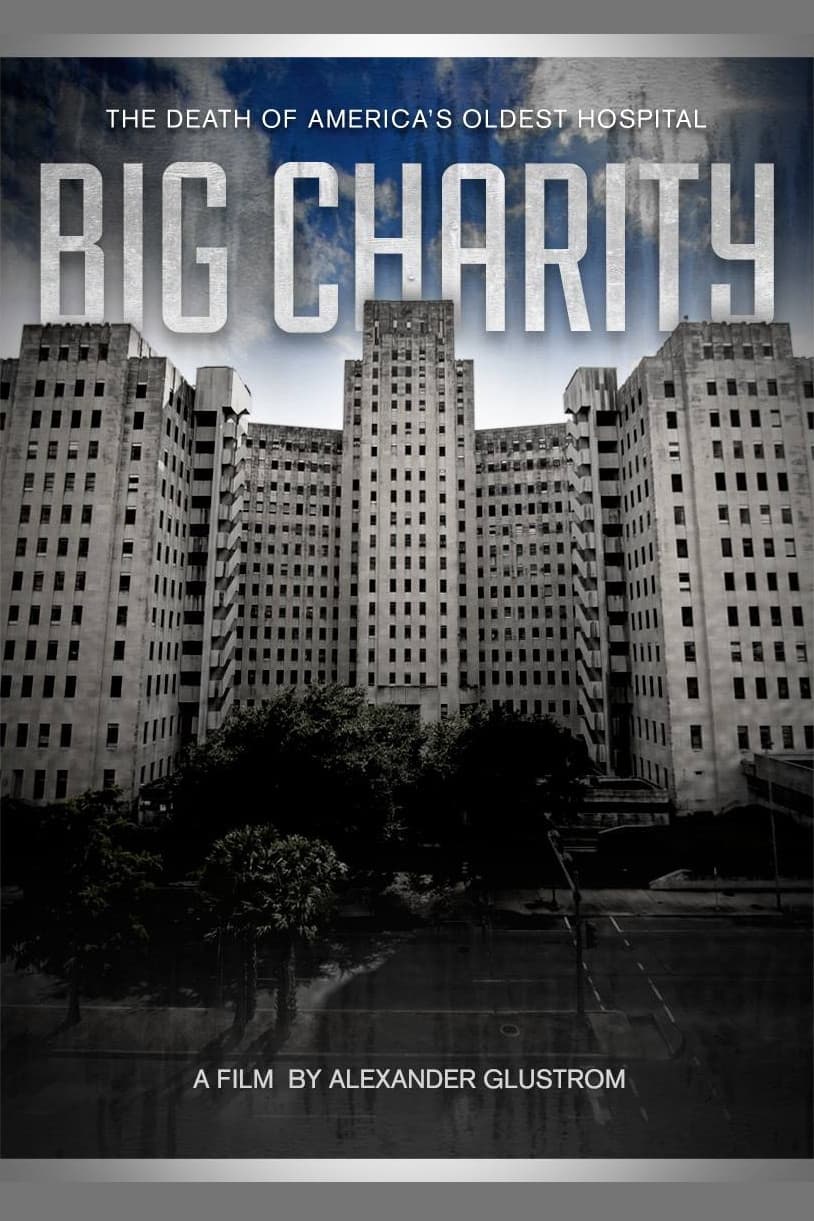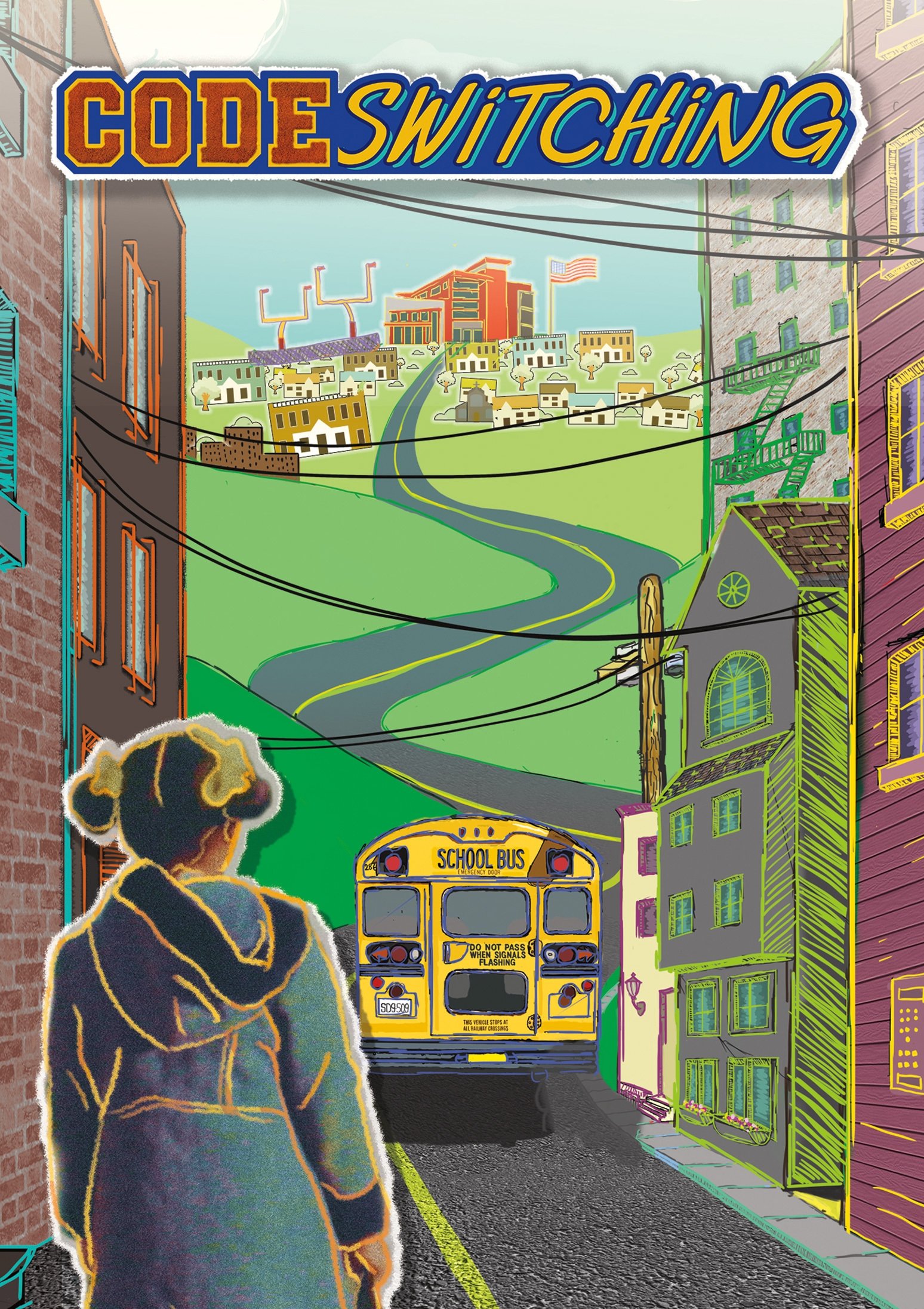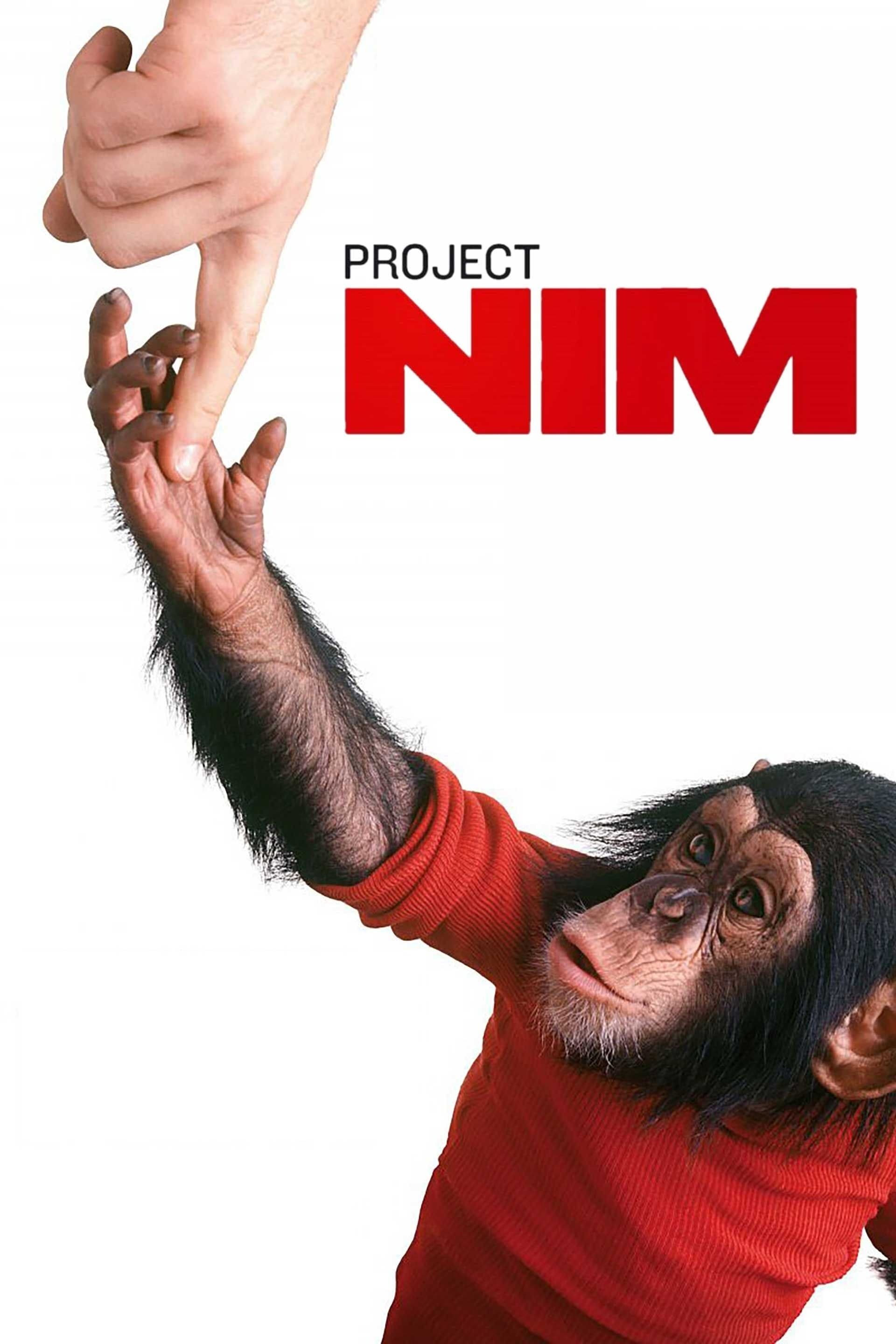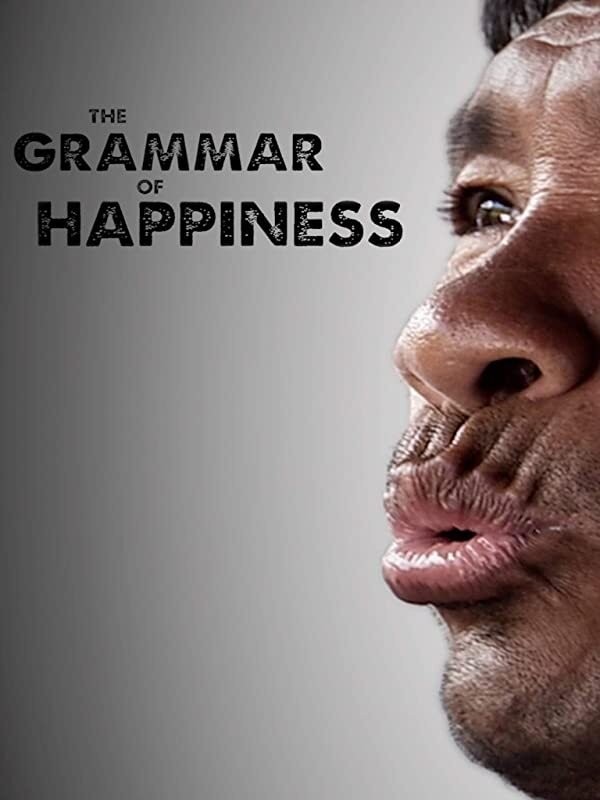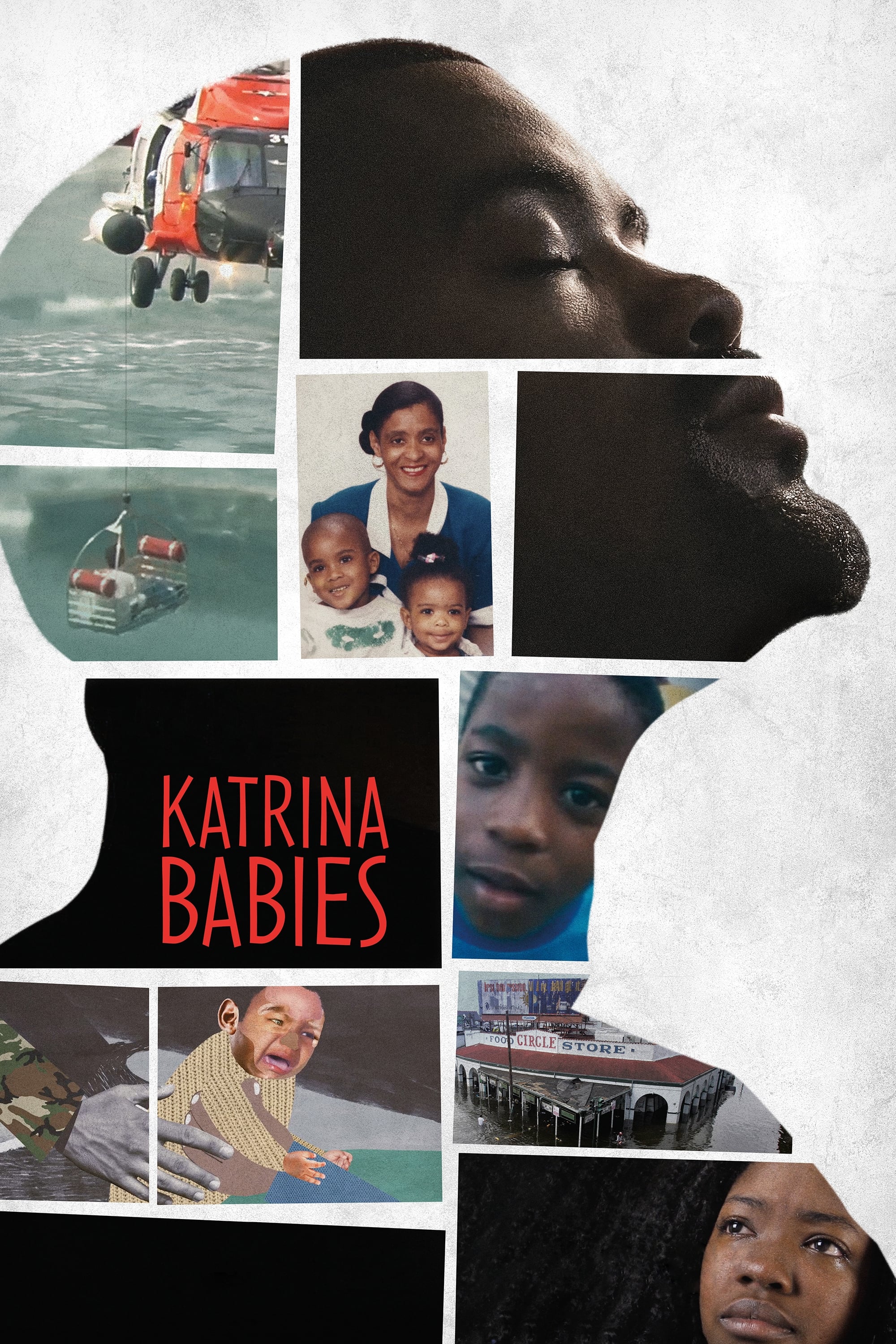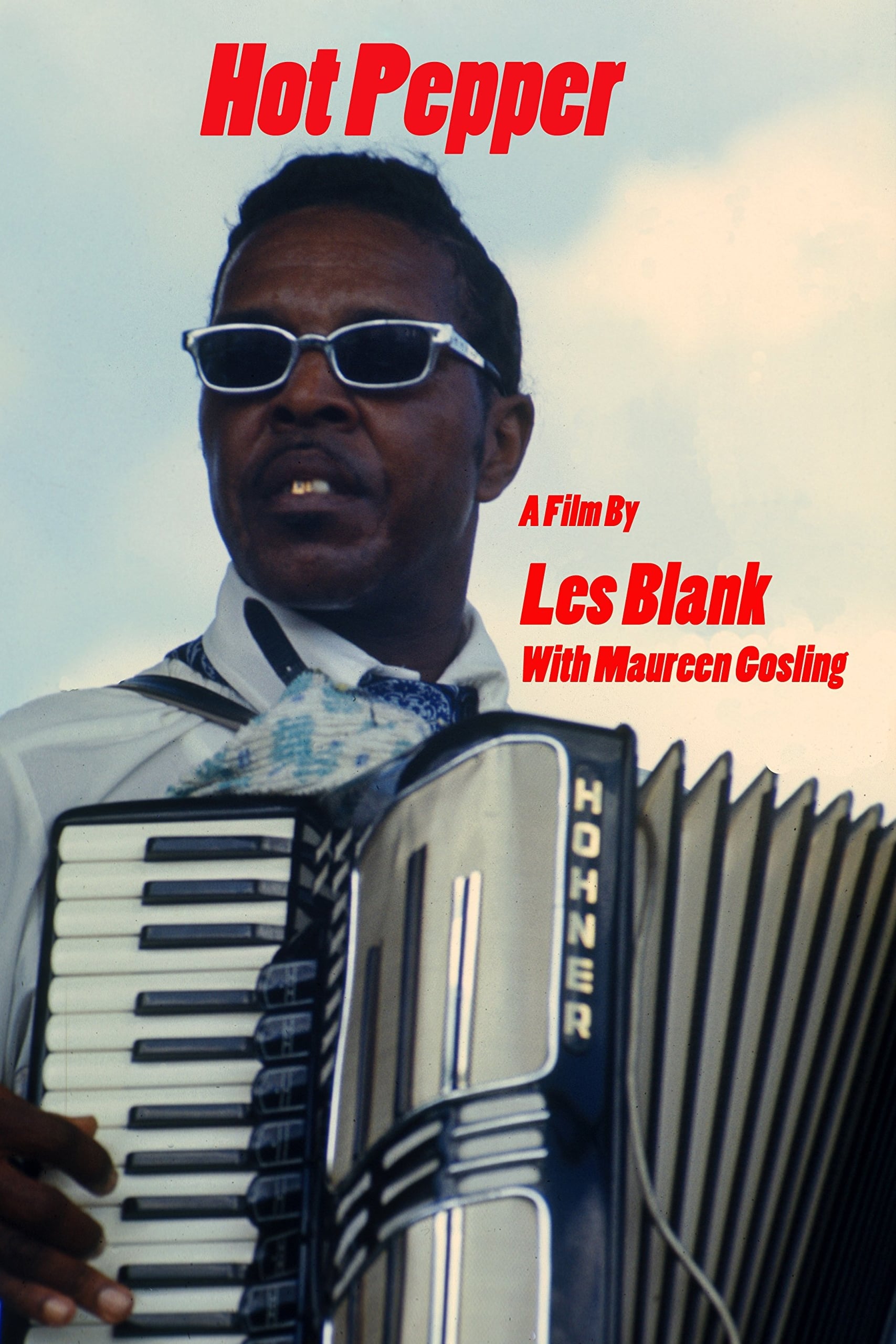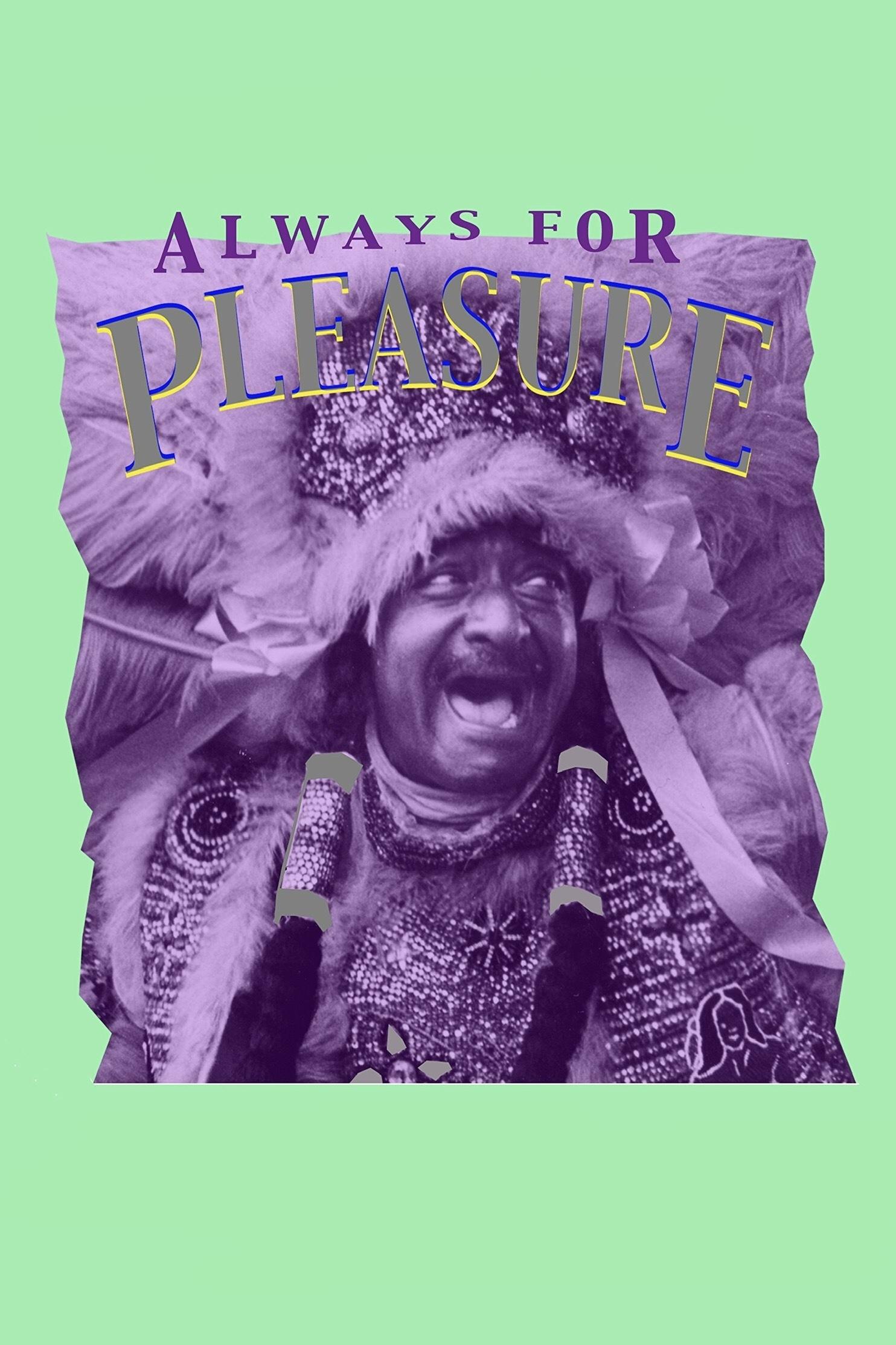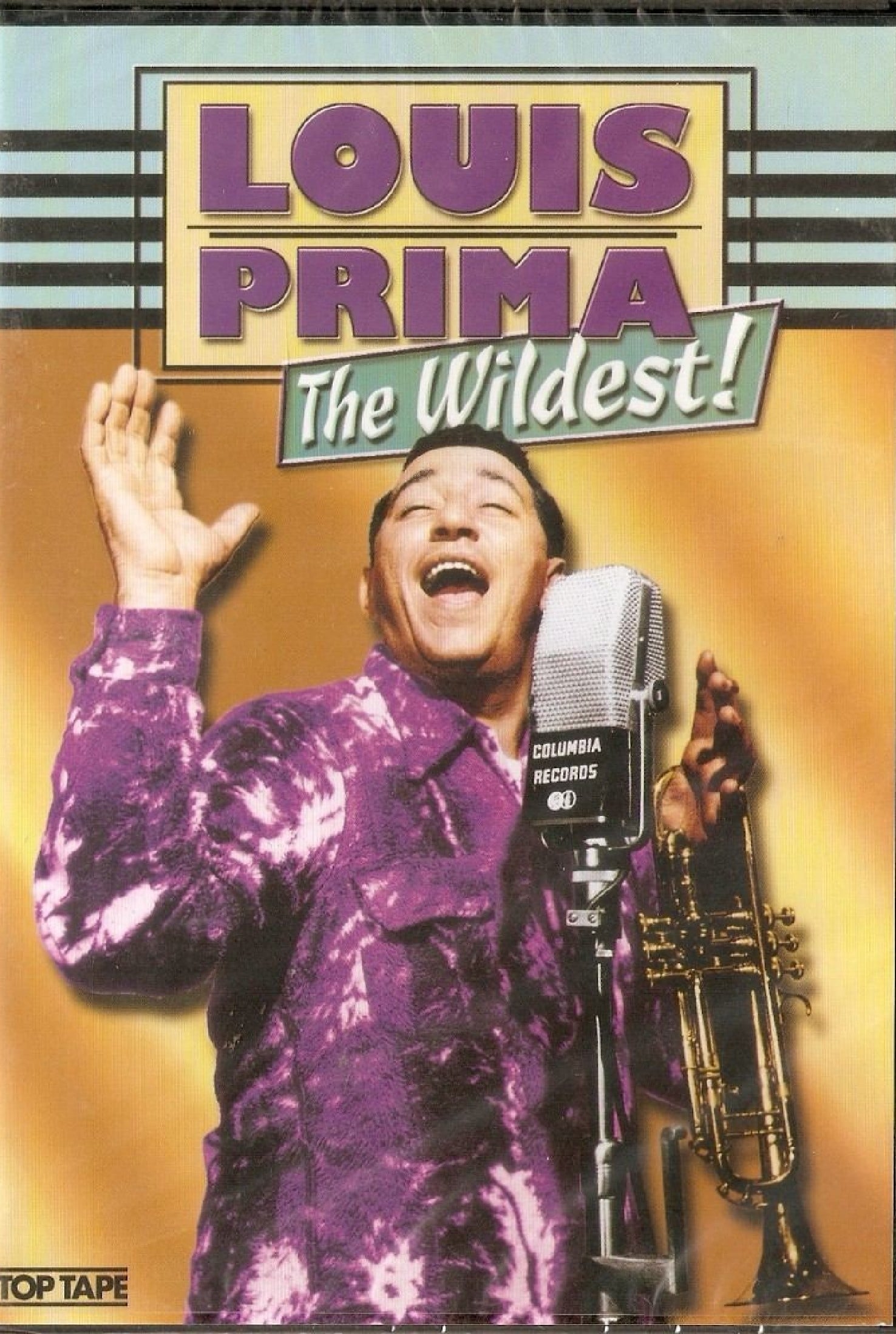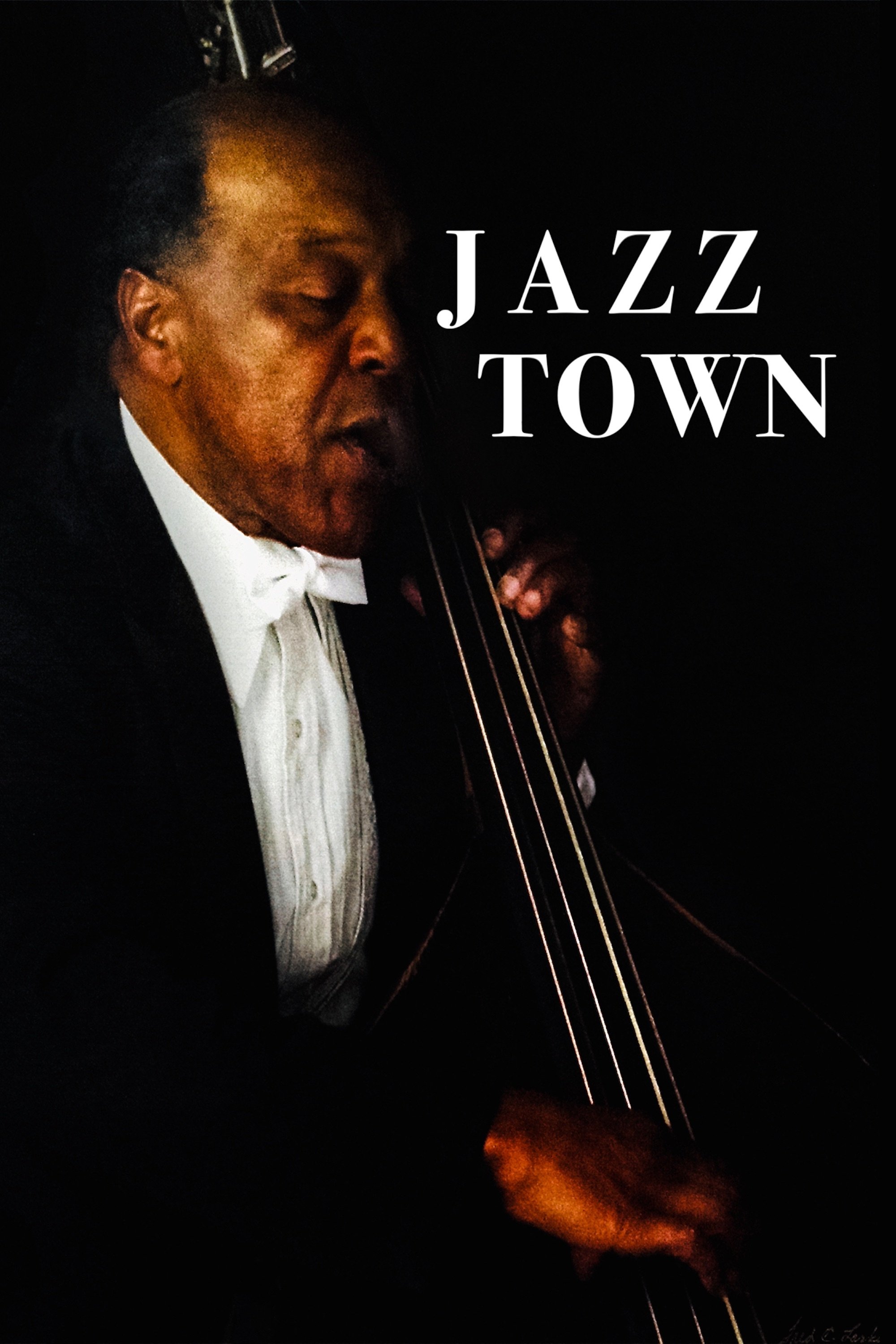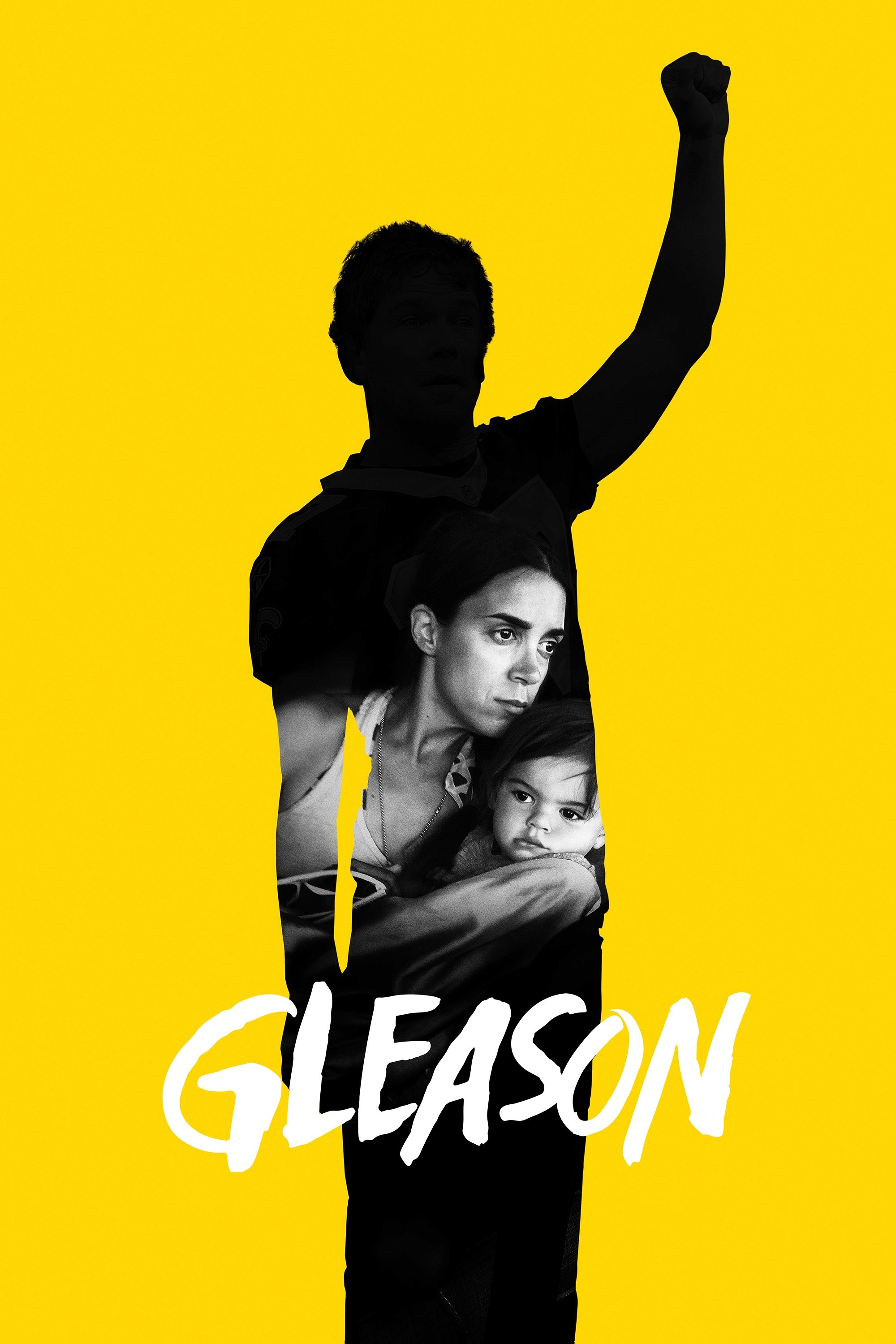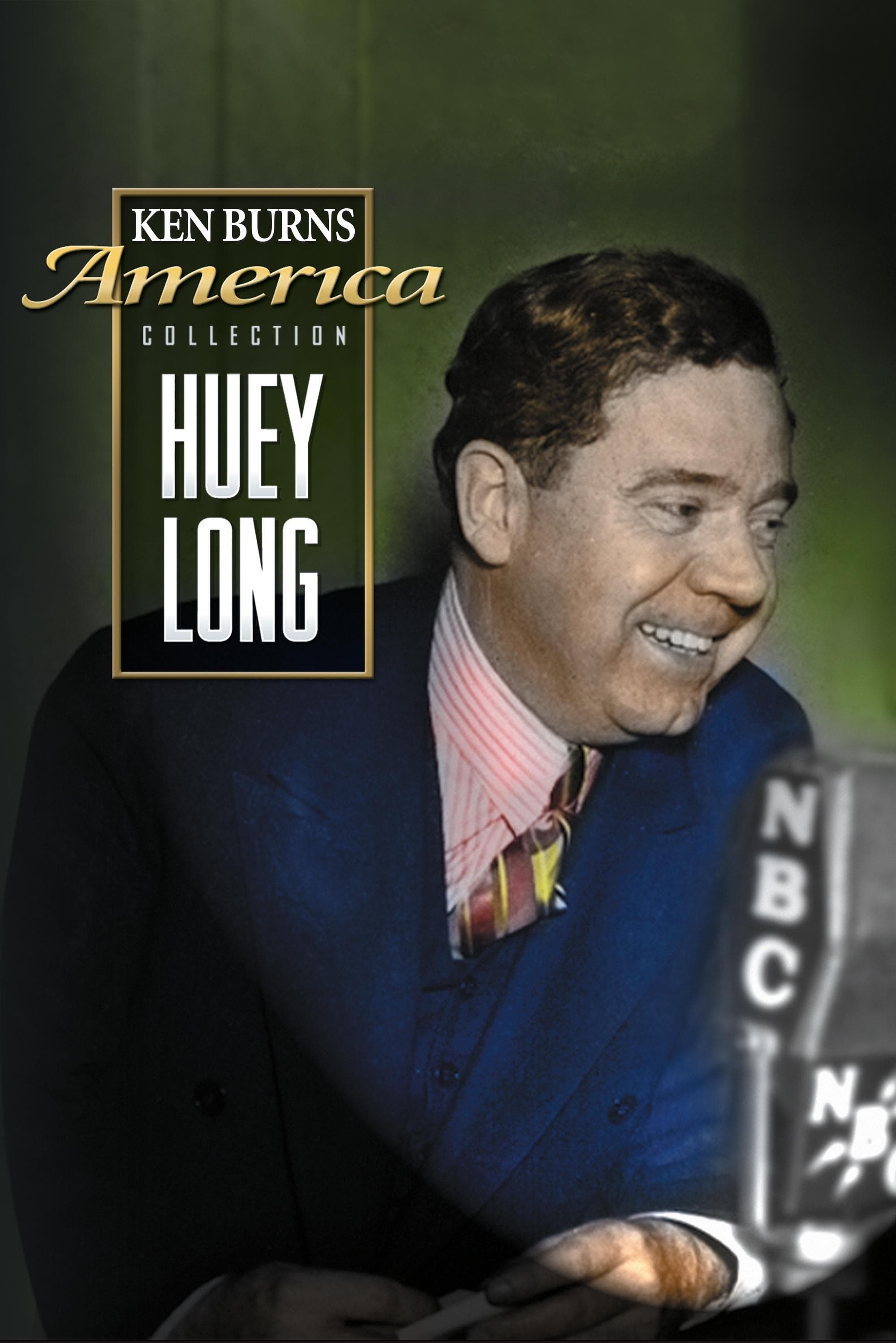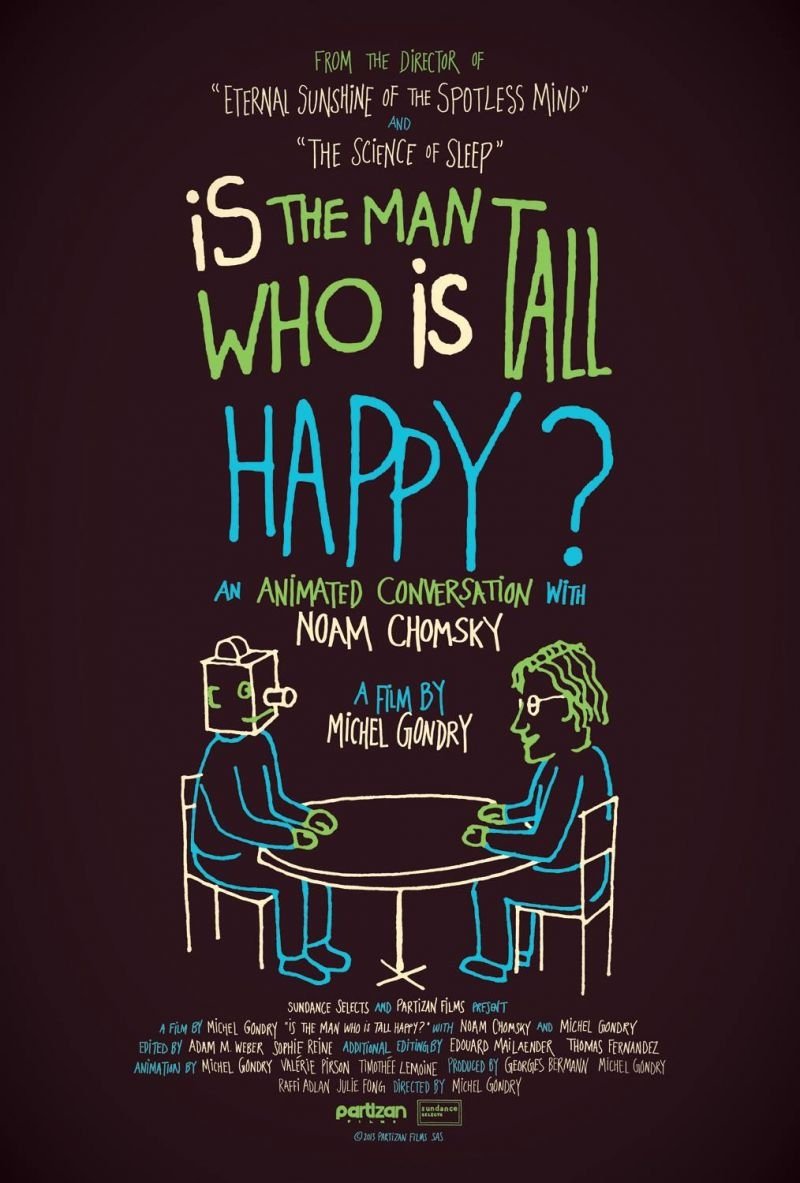Yeah You Rite! (1985)
Overview
This award winning film is a fast paced, humorous look at the colorful way the residents of New Orleans express themselves - why they talk the way they do, where the words come from, and what it means to talk with a New Orleans accent.
Production Companies
Additional Info
| Budget | $0.00 |
|---|---|
| Revenue | $0.00 |
| Original Language | en |
| Popularity | 0.0511 |
Directed By
Louis Alvarez
Andrew Kolker
TOP CAST
Similar Movies
The Unanswered Question II : Musical Syntax
This series comprised six lectures on music, which cumulatively took the title of a work by Charles Ives, The Unanswered Question. Bernstein drew analogies to other disciplines, such as poetry, aesthetics, and especially linguistics, hoping to make these lectures accessible to an audience with limited or no musical experience, while maintaining an intelligent level of discourse: Syntax refers to the study of the structural organization of a sentence, or as Bernstein summarizes, "the actual structures that arise from that phonological stuff."
The Unanswered Question IV : The Delights and Dangers of Ambiguity
This series comprised six lectures on music, which cumulatively took the title of a work by Charles Ives, The Unanswered Question. Bernstein drew analogies to other disciplines, such as poetry, aesthetics, and especially linguistics, hoping to make these lectures accessible to an audience with limited or no musical experience, while maintaining an intelligent level of discourse: Bernstein provides two distinct meanings of the term ambiguity. The first is "doubtful or uncertain" and the second, "capable of being understood in two or more possible senses"
The Unanswered Question I : Musical Phonology
This series comprised six lectures on music, which cumulatively took the title of a work by Charles Ives, The Unanswered Question. Bernstein drew analogies to other disciplines, such as poetry, aesthetics, and especially linguistics, hoping to make these lectures accessible to an audience with limited or no musical experience, while maintaining an intelligent level of discourse: Phonology is the linguistic study of sounds, or phonemes. Bernstein's application of this term to music results in what he calls "musical phonology".
Hurricane on the Bayou
The film "Hurricane on the Bayou" is about the wetlands of Louisiana before and after Hurricane Katrina.
Big Charity: The Death of America's Oldest Hospital
This documentary film includes never-before-seen footage and exclusive interviews to tell the story of Charity Hospital, from its roots to its controversial closing in the wake of Hurricane Katrina. From the firsthand accounts of healthcare providers and hospital employees who withstood the storm inside the hospital, to interviews with key players involved in the closing of Charity and the opening of New Orleans’ newest hospital, “Big Charity” shares the untold, true story around its closure and sheds new light on the sacrifices made for the sake of progress.
CodeSwitching
CodeSwitching is a mash-up of personal stories from three generations of African American students who participated in a landmark voluntary desegregation program. Shuttling between their inner-city Boston neighborhoods and predominantly white suburban schools in pursuit of a better education, they find themselves swapping elements of culture, language, and behavior to fit in with their suburban counterparts – Often acting or speaking differently based on their surroundings, called code-switching.
Do I Sound Gay?
What makes a voice “gay”? A breakup with his boyfriend sets journalist David Thorpe on a quest to unravel a linguistic mystery.
Project Nim
From the team behind Man on Wire comes the story of Nim, the chimpanzee who in the 1970s became the focus of a landmark experiment which aimed to show that an ape could learn to communicate with language if raised and nurtured like a human child. Following Nim's extraordinary journey through human society, and the enduring impact he makes on the people he meets along the way, the film is an unflinching and unsentimental biography of an animal we tried to make human. What we learn about his true nature - and indeed our own - is comic, revealing and profoundly unsettling.
Murda Capital
MURDA CAPITAL documents the harsh reality of a post-Katrina New Orleans. Rapper, entrepreneur and New Orleans native K. Gates sets out into New Orleans most treacherous ghettos to discover the root of a cycle of killing. People from all factions of the city give their take on how murder has affected them directly and indirectly. Stories of a convicted murderer and a mother who lost all four sons to gun violence shivers the soul. Drugs, money, ignorance, ego, and envy make a deadly concoction which equates to the nation's highest murder rate for more than a decade. See how violence intertwines with the cities rich culture. Obtain access to the part of New Orleans hidden from tourist as K. Gates strives to 'Save The City'.
Saving Pelican 895
HBO Documentary Films Presents the story of the effort to save the 895th surviving oiled pelican in Louisiana, showing how conservationists, government agencies and wildlife activists joined forces to preserve this one life.
A Tuba To Cuba
A son seeking to fulfill his late father’s dream takes his band from the storied city of New Orleans to the shores of Cuba, where — through the universal language of music — dark and ancient connections between their peoples reveal the roots of jazz.
The Grammar of Happiness
The Grammar Of Happiness follows the story of Daniel Everett among the extraordinary 'nonconvertible' Amazonian Pirah tribe, a group of indigenous hunter- gatherers whose culture and outlook on life has taken the world of linguistics by storm. As a young ambitious missionary three decades ago, Dan, a red-bearded towering American, decamped to the Amazon rain forest to save indigenous souls. His assignment was to translate the book of Mark into the tongue of the Pirah, a people whose puzzling speech seemed unrelated to any other on Earth. What he learned during his time with the Pirah led him to question the very foundations of his own deep beliefs. As a 'born again' atheist, Dan divorced his devout Christian wife and became estranged from his children. Having lost faith and family, his new life is dominated by the desire to leave behind his legacy. Everett's most controversial claim is that the Pirah language lacks 'recursion' - the ability to build an infinite number of sentences.
Katrina Babies
A first-person account of the short-term and long-term devastation wrought by Hurricane Katrina, as told by young people who were between the ages of 3 and 19 when the levees broke.
Hot Pepper
A musical portrait of Zydeco King Clifton Chenier, who combines the pulsating rhythms of Cajun dance music and black R&B with African overtones, belting out his irresistible music in the sweaty juke joints of South Louisiana.
Always for Pleasure
An intense insider's portrait of New Orleans' street celebrations and unique cultural gumbo: Second-line parades, Mardi Gras, Jazz Fest. Features live music from Professor Longhair, the Wild Tchoupitoulas, the Neville Brothers and more. This glorious, soul-satisfying film is among Blank's special masterworks. Preserved by the Academy Film Archive in 1999.
Louis Prima: The Wildest!
Documentary about the mid-20th century Vegas bandleader and trumpeter Louis Prima, who showed the world what a rock show could be.
JazzTown
Denver’s iconic and Grammy Award-winning musicians reveal the secrets of their success and longevity in the music business while warning the young lions to whom they pass the torch to stay relevant in a marketplace both treacherous and brutal. The majestic Rocky Mountains tower over a bustling metropolis filled with steamy and romantic nightclubs where jazz flourishes on stage. JazzTown features never seen before live concert footage on historic stages that have now crumbled due to economic stresses of the Covid Pandemic. ~ Dianne Reeves, 5-time Grammy Award winner for Best Jazz Vocalist ~ US Senator John Hickenlooper (former jazz club owner) ~ Ron Miles (Colorado Music Hall of Fame, Joshua Redman, Bill Frisell, Ginger Baker) ~ Charlie Hunter (Snarky Puppy, Christian McBride, Stanton Moore) ~ Art Lande (Mark Isham, Gary Peacock) ~ Ayo Awosika (Session Singer on Soundtracks to: Wakanda Forever, Nope, Dune, The Lion King ... tours with Miley Cyrus,) and many more.
Gleason
At the age of 34, former New Orleans Saints defensive back Steve Gleason was diagnosed with ALS and given a life expectancy of two to five years. Weeks later, Gleason found out his wife, Michel, was expecting their first child. A video journal that began as a gift for his unborn son expands to chronicle Steve’s determination to get his relationships in order, build a foundation to provide other ALS patients with purpose, and adapt to his declining physical condition—utilizing medical technologies that offer the means to live as fully as possible.
Is the Man Who Is Tall Happy?
A series of interviews featuring linguist, philosopher and activist Noam Chomsky done in hand-drawn animation.
